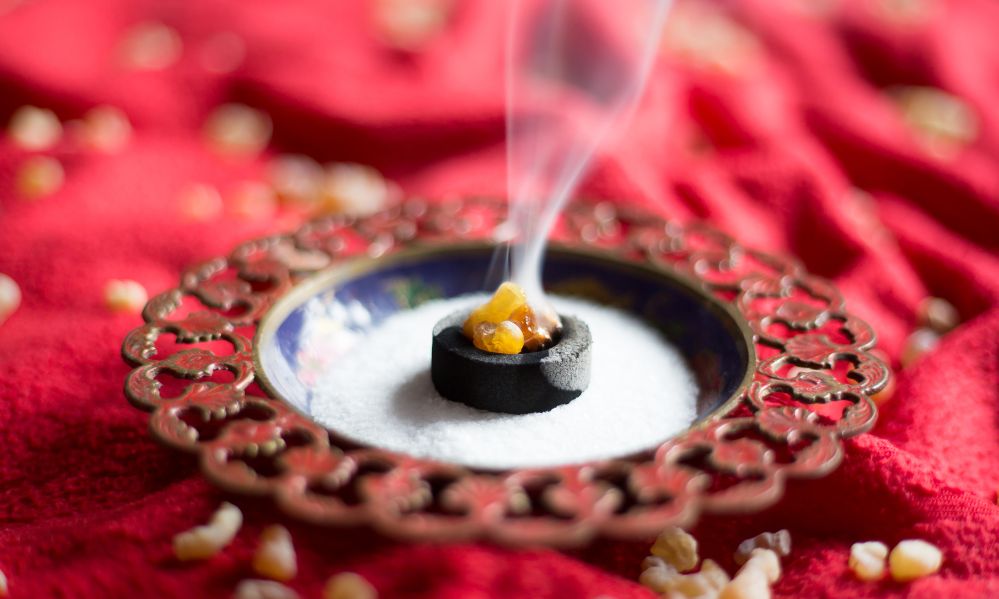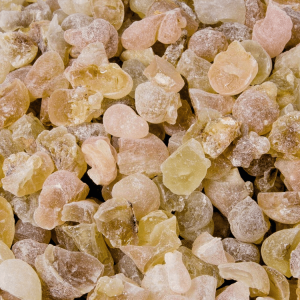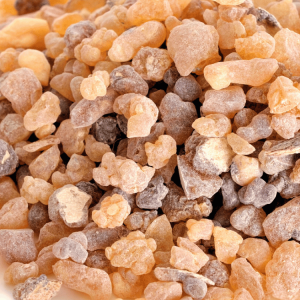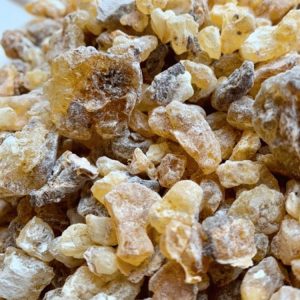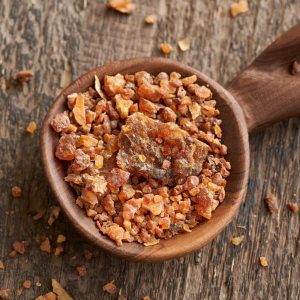Welcome to our comprehensive guide on everything you need to know about Frankincense and Myrrh resins!
Revered for their spiritual, medicinal and aromatic properties, the use of Frankincense and Myrrh resins can be traced back to ancient civilisations including Ancient Egypt, Mesopotamia and Ancient China. Due to their sacred symbolism and aromatic allure, these resins have been used in religious rituals, spiritual ceremonies, fragrant offerings and traditional medicine.
In this blog post, we will explore 4 easy ways to harness the power of aromatic resins in your daily rituals, and what some of the best Frankincense and Myrrh resins that you should have.
Resins, which are derived from trees, are normally secreted in response to injury or damage. They contain a complex mixture of organic compounds that serve as a protective mechanism against wounds, infections, pests, pathogens and environmental stressors. Each resin has its own unique chemical constituents that gives it a distinct and characteristic aroma, as well as unique therapeutic properties when used in aromatherapy.
From an ecological perspective, resins play an important role in ecosystem dynamics and plant physiology. They are a vital part of the plant's defence mechanisms, helping to seal wounds, deter herbivores from eating the plant and prevent the spread of disease. Resins also contribute to the healing process of the plant by promoting tissue regeneration and providing antimicrobial properties to prevent infection.
For thousands of years, resins have held significant cultural, spiritual and medicinal importance. Frankincense and Myrrh resins have historically been used to purify spaces, enhance religious rituals and promote spiritual wellbeing. For example, Ancient Egyptians used Frankincense resins in their religious offerings and embalming processes; while Frankincense and Myrrh were two of the three gifts presented to Baby Jesus by the Three Wise Men. The symbolic significance of Frankinense and Myrrh resins extends beyond religious contexts, as they are often associated with purification, protection and spiritual importance.
Today, resins continue to be valued for their aromatic qualities and holistic healing properties. They are used widely in various industries, including aromatherapy, perfumery, skincare, herbalism and natural home remedies.
(Back to Top)

